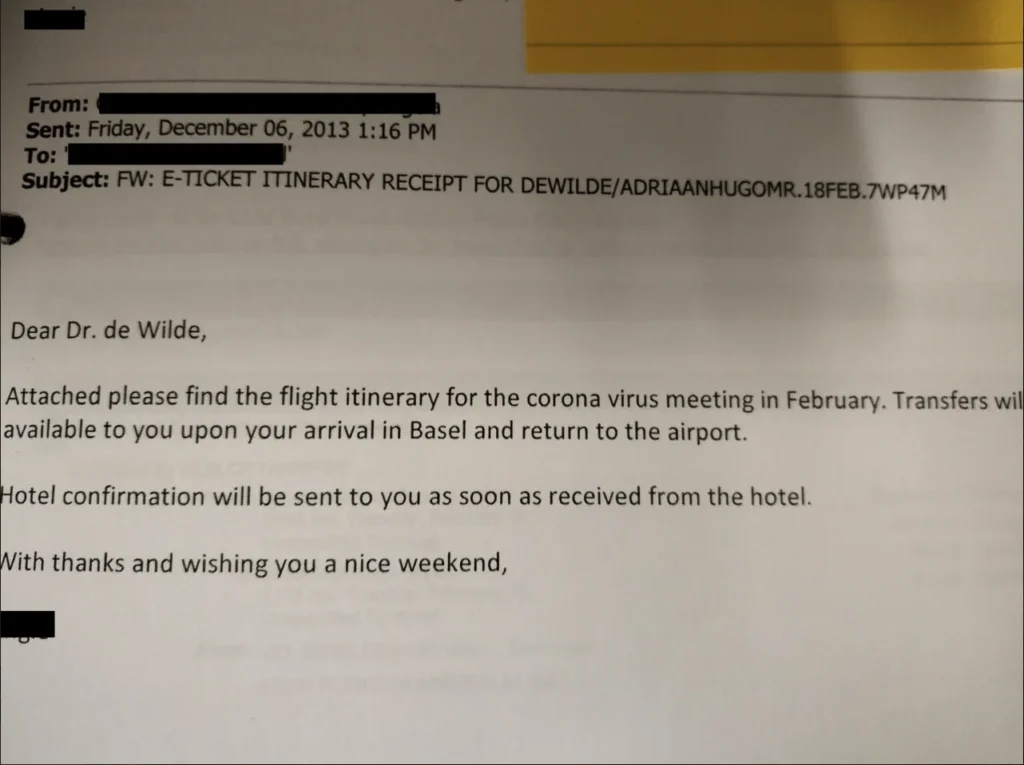In a recent article on Focal Points – Courageous Discourse Nicholas Hulscher, MPH, details critique that challenges the widely publicized claim that COVID-19 vaccines saved millions of lives. This claim is founded on a study by Watson et al., published in The Lancet, which asserted that the vaccines prevented 14.4 million deaths in a single year. The critique, Metacritique of Influential Studies Purporting COVID-19 Vaccine Successes: Part 1 – Watson et al, authored by Dr. Raphael Lataster and published in the Journal of Independent Medicine, argues that this figure is based on flawed mathematics, questionable assumptions, and undisclosed conflicts of interest.
The Watson et al. Study and Its Claims
The Watson et al. study has been a cornerstone for proponents of COVID-19 vaccination campaigns. Its headline figure—that 14.4 million lives were saved in a single year—has been cited by public health officials and policymakers to justify vaccine mandates and related measures. The study’s findings were leveraged by figures such as Dr. Peter Hotez to advocate for widespread vaccination, suppress dissenting opinions, and defend pharmaceutical companies from scrutiny.
Flaws in Methodology and Assumptions
However, Lataster’s meta-critique, shows these claims rest on shaky foundations that do not withstand rigorous scrutiny. He identifies several critical flaws. The Watson et al study relied on exaggerated estimates of vaccine effectiveness; estimates derived from clinical trial data that overlooked adverse events and misclassified cases involving “partially vaccinated” individuals. This misclassification artificially inflated the perceived efficacy of the vaccines, creating a misleading impression of their impact on mortality.
The study’s methodology was heavily reliant on theoretical models rather than real-world data. The models incorporated assumptions that did not align with observable outcomes, leading to conclusions that were more speculative than evidence-based. By prioritizing modeled projections over empirical data, the study’s claim of saving millions of lives is questionable, as it fails to account for variables such as natural immunity, varying infection rates, or differences in healthcare systems across regions.
Undisclosed Conflicts of Interest
Another significant point raised is the issue of hidden conflicts of interest within the Watson et al. study. Lataster’s critique suggests that the researchers involved had ties that were not adequately disclosed, potentially compromising the study’s objectivity and may have influenced the study’s design, interpretation, or promotion, further undermining its credibility.
Evidence from Real-World Data
Lataster’s findings are supported by a separate study The Discrepancy Between the Number of Saved Lives with COVID-19 Vaccination and Statistics of Our World in Data. This study uses real-world data to challenge the Watson et al. claim, arguing that the assertion of millions of lives saved by mRNA vaccines is both mathematically and observationally implausible. By comparing vaccination rates, mortality statistics, and other global health data, this study concludes that the impact of vaccines was far less significant than claimed, aligning with Lataster’s broader critique of inflated assumptions and flawed modeling.
The importance of grounding public health responses in robust empirical evidence rather than theoretical models can not be enough emphasized.
Please have a look at Nicholas Hulscher’s interview with Dr Raphael Lataster or read his interesting article at Journal of Independent Medicine





